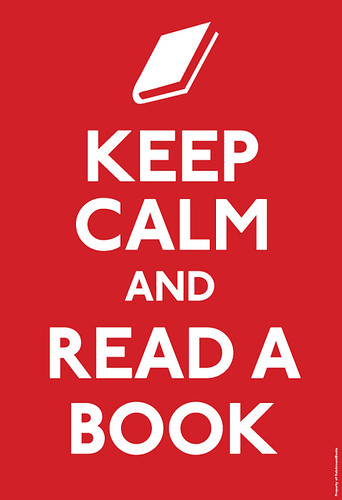(If you’re interested, Part I of the series is here.)
To recap: my near-future science fiction novel, Walking on the Sea of Clouds, is in the pipeline to be published by WordFire Press, and a few weeks ago a newsletter reader sent in this question: Why did I go with a small press instead of self-publishing? I came up with three reasons.
Last week I laid out my first reason: the value a publisher adds to a novel. So here we go with:
Second, I Value Publishers’ Selectivity
I may be more aware of this aspect of publishing because I’m on the front lines of selecting novels for a major publisher — Baen Books — but in general novels selected for publication by big houses and small presses alike have crossed a certain threshold of quality, simply by virtue of being selected from a large number of submissions.
Imagine that you can only afford one (or maybe two) out of all the books on all those shelves — that’s what a publisher faces in selecting novels to publish. (Image: “Be the first to read…,” by Thomas Leuthard, on Flickr under Creative Commons.)
The “threshold of quality” assumption may not be equally true in all cases — some publishers take chances on novels and other books they might not usually take, for various reasons — but in most cases a novel gets into the publication pipeline because someone declares it good enough to carry the publisher’s logo. In fact, often it’s multiple someones: an initial reader (or two or three), maybe a senior editor, perhaps others in the marketing and management end of things, and of course the in-person publisher.
I consider that a vote of confidence in my favor, and I appreciate it.
The publisher’s selectivity is not, of course, a guarantee of success. There are no such guarantees. I don’t know if the story will capture people’s attention, though I certainly hope it does. We’ll see, won’t we?
Meanwhile, next week I’ll cover the third reason I’m trusting a publisher with my novel instead of self-publishing it.
___
P.S. This blog series was originally an issue of my every-once-in-a-while newsletter. You can subscribe to get the latest on my goings-on and projects.















